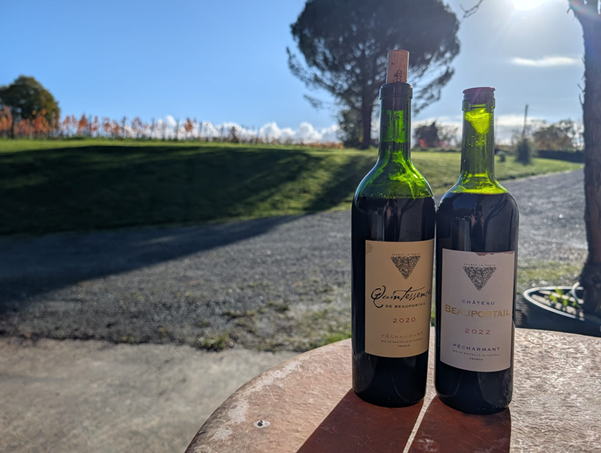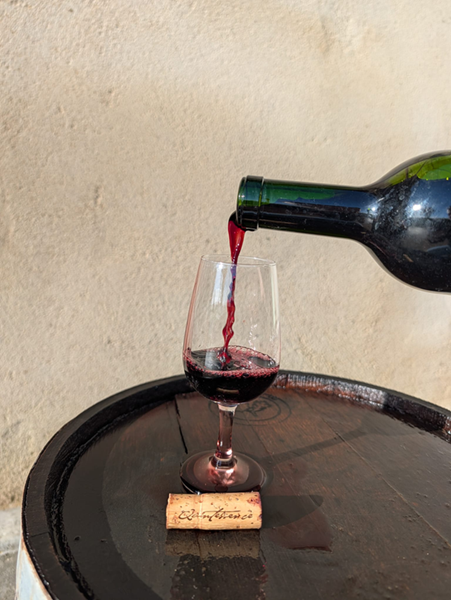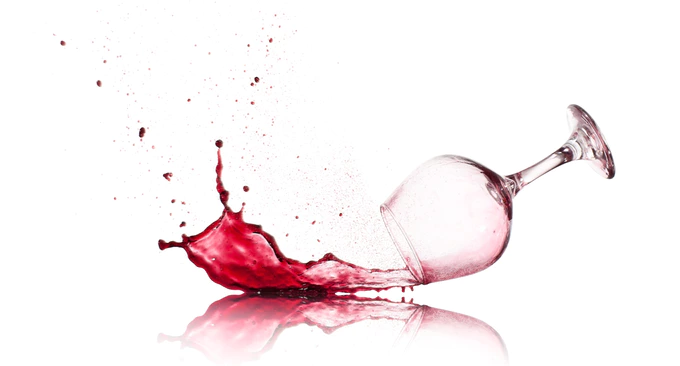The scene is set: a perfectly roasted duck confit, its skin shatteringly crisp and meat falling off the bone, or a silken slice of seared foie gras, rich beyond compare. You reach for a bottle of big, bold Cabernet Sauvignon, thinking it’s the only worthy match. But wait. The best red wine for these iconic dishes isn’t a single, powerful monolith; it’s a spectrum of wines chosen for a beautiful, balancing act. The “best” wine is the one that complements, contrasts, and cuts through the richness, creating a harmony that elevates both the food and the drink.
Forget rigid rules. Here are 10 reasons why the best red wine for duck confit and foie gras is a wine chosen with intention, with the top contenders being Pinot Noir from Burgundy and the Gamay of Beaujolais and Bordeaux alternatives.
For Duck Confit: The Dance of Acid, Fruit, and Earth
Duck confit presents a unique challenge: rich, salty, fatty meat with a deeply savory, sometimes gamey character. The wine needs to be a master of ceremony, not a bull in a china shop.
1. It Has the Acidity to Cut Through the Fat.
The single most important job of a wine paired with duck confit is to cleanse the palate. Wines with high acidity act like a squeegee, cutting through the unctuous layer of fat and preparing your mouth for the next glorious bite. This is why a high-tannin, low-acid wine like a young, oaky Cabernet can feel clumsy and heavy.
2. It Possesses Red Fruit, Not Just Dark Fruit.
The flavor of duck confit has a savory depth that can be overwhelmed by jammy, dark fruit notes. Wines with red fruit profiles—think cherry, raspberry, and cranberry—provide a brighter, more lifted counterpoint that complements the meat without competing with it.
3. It Brings an Earthy Counterpoint.
Duck is a fowl, often with a subtle gamey quality. A wine with earthy, savory notes of forest floor, mushroom, or damp leaves mirrors this complexity, creating a profound and harmonious connection on the palate.
4. It Features Silky, Not Aggressive, Tannins.
While some tannin is useful for scrubbing the palate, harsh, grippy tannins can clash with the saltiness of the confit, creating a metallic bitterness. Silky, well-integrated tannins provide structure without aggression.
5. It is Versatile Enough for the Accompaniments.
Duck confit is rarely served alone. It might come with crispy potatoes cooked in duck fat, a bitter green salad, or a sweet-and-sour cherry or orange sauce. The best wine is agile enough to handle these sides, something a monolithic, powerful wine cannot do.
The Champion for Duck Confit: Pinot Noir (Especially from Burgundy)
A classic red Burgundy from France is the quintessential duck wine. It delivers high acidity, red fruit flavors (strawberry, red cherry), earthy undertowns, and silky tannins—hitting every point on our list perfectly.
Table 1: Wine Pairings for Duck Confit
| Wine | Why It Works | A Specific Example |
| Pinot Noir (Burgundy, France) | Perfect acidity, red fruit, and earthy notes. The ultimate harmony. | Bourgogne Rouge (AOC) |
| Gamay (Beaujolais Cru, France) | Juicy acidity, low tannin, and vibrant fruit. A refreshing, lively match. | Morgon or Fleurie |
| Grenache/Syrah (Southern Rhône) | Berry fruit and herbal notes (Garrigue) work well with herbed preparations. | Côtes du Rhône Villages |
For Foie Gras: The Ultimate Richness Challenge
Foie gras is a different beast entirely. Its texture is like cool, rich butter, and its flavor is intensely creamy and luxurious. The wine tasting and pairing goal here is different: you need a wine that can stand up to the richness without overwhelming its delicate, decadent nature. Surprisingly, the best pairing is often not a red wine at all, but a sweet white.
6. It Uses Sweetness to Contrast Salty Richness.
This is the most classic and successful pairing. The sweetness of a Sauternes contrasts beautifully with the salty, savory fat of the foie gras, creating a sublime “Yin and Yang” effect. The sugar also helps to cut through the fat in a different, equally effective way to acidity.
7. It Has Enough Acidity to Prevent Cloying.
A good dessert wine for foie gras isn’t just a sugar bomb; it has a vibrant acidity that keeps the pairing feeling fresh and prevents it from becoming overly heavy on the palate.
8. It Offers Botrytis-Driven Complexity.
Wines like Sauternes are made from grapes affected by “noble rot” (Botrytis cinerea), which imparts unique flavors of honey, apricot, ginger, and marmalade. This complexity interacts wonderfully with the profound flavor of the foie gras.
9. It Provides a Luscious Texture Match.
The unctuous, oily texture of a high-quality Sauternes mirrors the creamy texture of the foie gras, creating a seamless and indulgent mouthfeel.
But What About Red Wine?
If you insist on a red, the rules change dramatically. It must be a wine that is low in tannin and served slightly chilled.
10. It is a Chilled, Low-Tannin Red.
Tannins clash horribly with foie gras, amplifying bitterness. A light, fruity, low-tannin red served cool—like a Beaujolais or a Lo Valley Cabernet Franc—can provide a fruity counterpoint without the negative tannic reaction. The chilling further emphasizes its freshness.
The Champion for Foie Gras: Sauternes (A Sweet White Bordeaux)
This is the timeless, gold-standard pairing. The sweetness, acidity, and botrytis character of a Sauternes is a match made in heaven for foie gras.
Table 2: Wine Pairings for Foie Gras
| Wine | Why It Works | Style & Service |
| Sauternes (Bordeaux, France) | Sweetness contrasts salt, acidity cuts fat, botrytis adds complex harmony. | Serve well chilled (8-10°C / 46-50°F) |
| Other Botrytised Whites | Offers a similar sweet-and-acid profile, often at a better value. | Monbazillac (France), Tokaji Aszú (Hungary) |
| Champagne (Demi-Sec) | Bubbles and acidity cleanse the palate; demi-sec provides a hint of sweetness. | Serve chilled (6-8°C / 43-46°F) |
| Beaujolais (Cru, France) | The only red style that works: low tannin, high acid, red fruit. Must be served chilled. | Serve lightly chilled (12-14°C / 54-57°F) |
The Verdict: One Wine to Rule Them All?
So, is there a single red wine that can heroically pair with both duck confit and foie gras? It’s a tall order, but the closest you can get is a high-quality, Cru Beaujolais (like a Morgon or Moulin-à-Vent).
For the duck confit, it provides the necessary acidity and fruit. For the foie gras, when served lightly chilled, its minimal tannin and bright character prevent a clash, allowing the fruit to complement the richness. It is the Swiss Army knife of red wine in this scenario.
However, the true “best” wine is the one that understands its role. Embrace the classic Sauternes with your foie gras for a transcendent experience, and save the earthy Pinot Noir for your duck confit. By choosing intentionally, you move beyond simply drinking wine to creating a culinary symphony.






